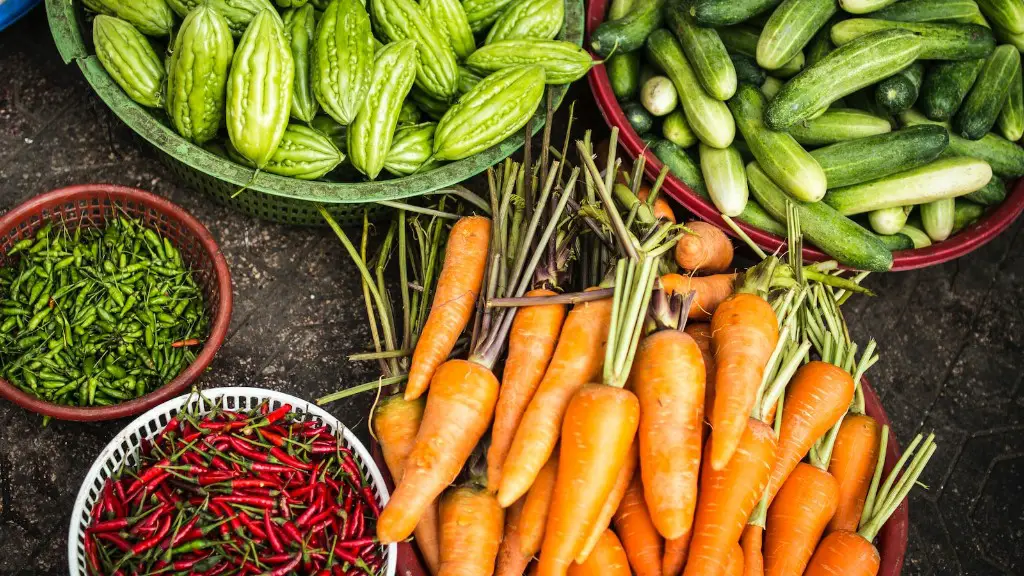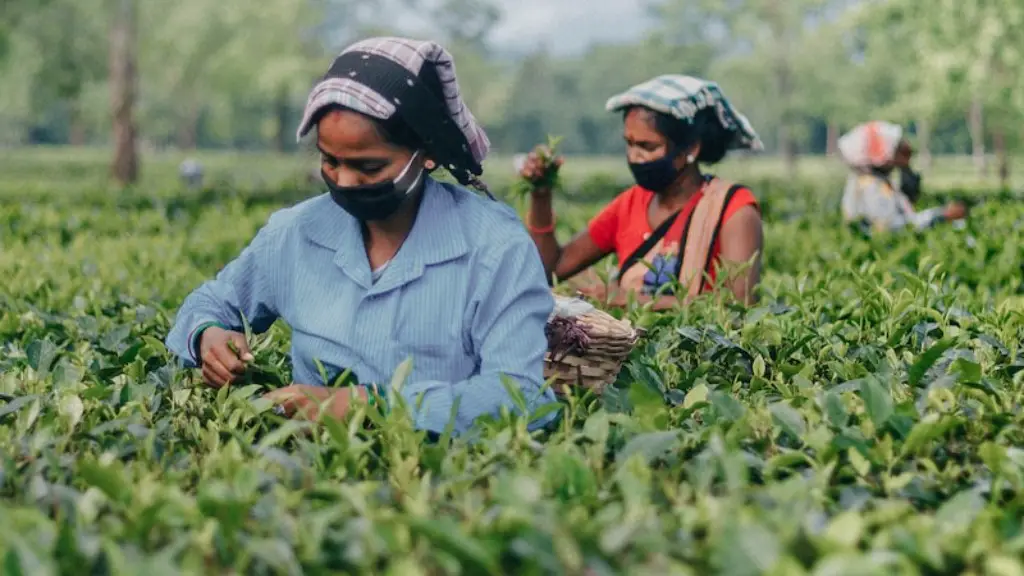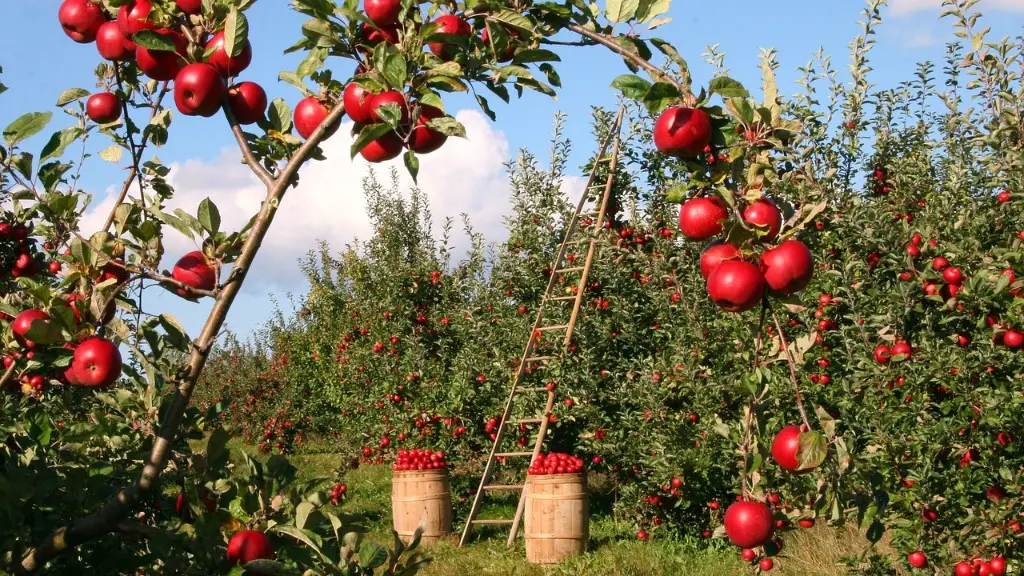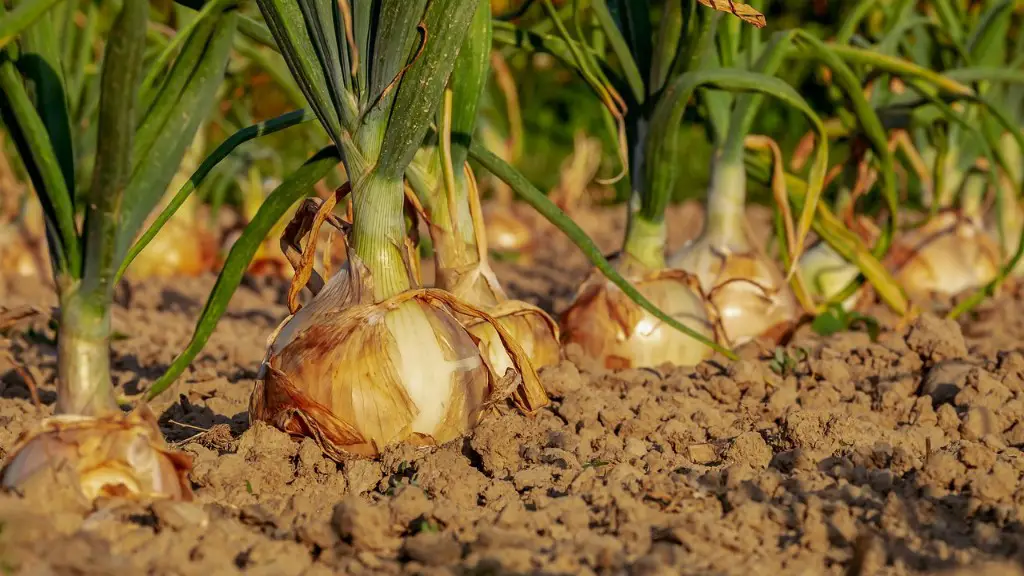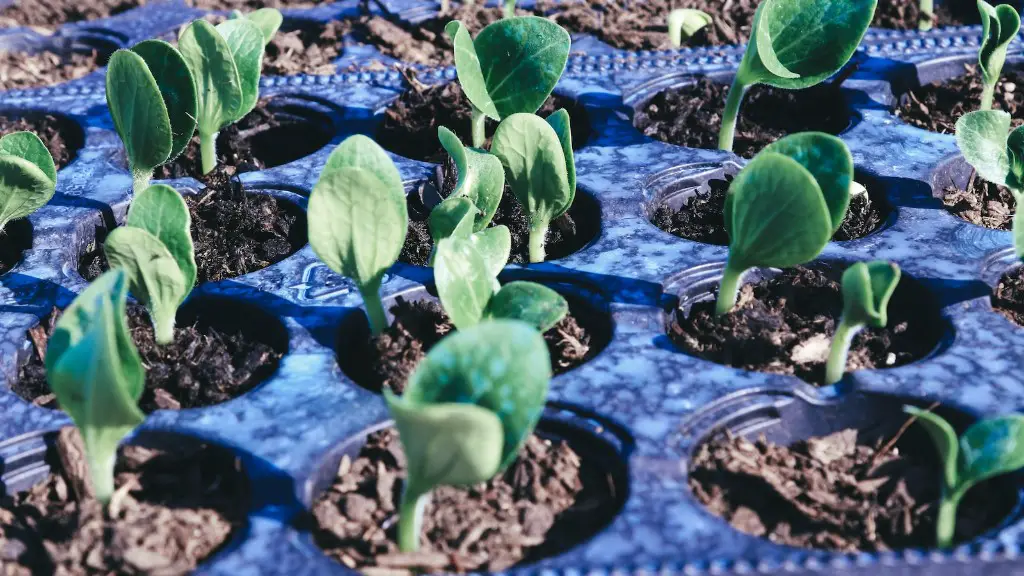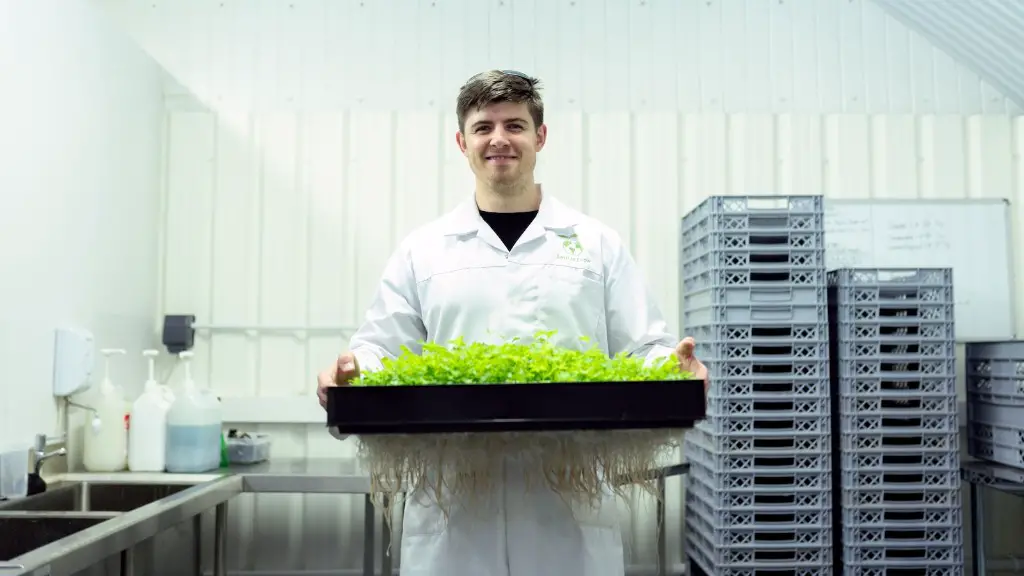There are many reasons why agriculture has been considered a mistake by some people. One reason is that it has led to the destruction of many natural habitats. Agriculture requires clear land for crops and farmland, which has resulted in the loss of forests and other natural habitats. This has had a negative impact on biodiversity. Another reason is that agriculture has led to the overuse of water resources. Farming requires a lot of water for irrigation, which has resulted in the depletion of groundwater reserves and the pollution of surface water. This has had a negative impact on the environment and human health.
There are many reasons why agriculture was a mistake. One reason is that it led to the domestication of plants and animals, which resulted in the degradation of the genetic diversity of these species. Another reason is that it resulted in the deforestation of large areas of land, which has had a devastating impact on the environment. Additionally, agriculture has contributed to the decline of many traditional cultures and has resulted in the displacement of indigenous peoples.
Was agriculture a big mistake?
It’s often said that we learn from our mistakes. But when it comes to the rise of farming, it seems that we made a mistake that had far-reaching and devastating consequences.
Forced to choose between limiting population or trying to increase food production, we chose the latter and ended up with starvation, warfare, and tyranny. It’s a cautionary tale that reminds us of the importance of making smart choices when it comes to our survival.
Jared Diamond’s controversial assertion that the invention of agriculture was the biggest mistake in human history has been met with both agreement and disagreement. However, there is no denying that agriculture is a crucial part of human existence, and with the world’s population continuing to grow, it is more important than ever to make sure that it is as efficient and sustainable as possible. This will require innovative thinking and a commitment to working together for the future of humankind and the planet.
How was agriculture bad
Agriculture has led to some of the biggest problems in human history. Not only has it caused war, inequality, poverty, crime, and famine, but it has also contributed to climate change and the mass extinction of animals.
I completely agree with Jared Diamond’s idea that farming is the worst mistake in the history of the human race. I think that farming has led to many problems in our world today, including environmental degradation, deforestation, and the loss of biodiversity. I think that we need to move away from farming and towards more sustainable and environmentally friendly practices.
What is the biggest problems in agriculture?
Farmers in India face many challenges that prevent them from getting the most out of their crops. Poor access to reliable and timely market information, absence of supply and demand forecasting, poorly structured and inefficient supply chains, inadequate cold storage facilities and shortage of proper food processing units are some of the main problems faced by farmers. These issues result in large intermediation between the farmers and the consumers, and ultimately lead to lower incomes for the farmers.
There are two major problems in agriculture: the loss of agricultural land and the decrease in the varieties of crops and livestock produced. Agricultural land is being lost to development and other uses at a rate of about 1.5 million acres per year. This loss of agricultural land reduces the amount of land available for producing food and other crops, and it also decreases the amount of land available for grazing livestock. The decrease in the varieties of crops and livestock produced is due to the loss of genetic diversity. Genetic diversity is the variability among the genes of a species. This variability allows a species to adapt to changes in its environment. When the genetic diversity of a species decreases, the species becomes less able to adapt to changes in its environment, and it may eventually become extinct.
Why did humans get shorter after agriculture?
It is fascinating to think about how our ancestors’ lifestyle choices impacted their physicality. Humans lost inches in height when they switched from hunting and foraging to farming, likely due to malnourishment. Foraging provides a more diverse array of nutrients and calories than farming, which would have led to healthier, taller individuals. However, the settled lifestyle of farmers allowed for larger communities and civilizations to develop, which eventually led to the technological advances and scholarly achievements that we enjoy today. So although we may be shorter than our foraging ancestors, we have made up for it in other ways!
The migration of early humans was dictated by their food source. When they began farming, they were able to produce enough food that they no longer had to migrate. This allowed them to settle down and develop villages, towns, and eventually even cities. The rise of settled societies led to an increase in population.
Food surpluses are not only necessary for agricultural societies to survive, but they are also highly desirable to control. In fact, recent research shows that ancient societies that had greater food surpluses tended to have higher levels of inequality. Labor roles became more gendered as well.
Agriculture is a critical sector of the economy, but it faces many challenges. One of the biggest challenges is the lack of information and poor research and record keeping. This means that the problems stem beyond the farming process as issues such as wastage can still hinder successful agriculture. Another challenge is the lack of infrastructure, which can make it difficult to get the necessary inputs and equipment. Finally, finance is also a challenge, as farmers often lack the necessary capital to invest in new technology and improved methods.
Is agriculture cruel?
On factory farms, animals are treated as commodities rather than living, feeling beings. Throughout their short, painful lives they are subjected to invasive procedures and intensive confinement. In addition to physical pain, animals experience emotional distress resulting from stressful and crowded conditions.
The farmers felt that they were being discriminated against because the tariffs were only being applied to manufactured goods and not to agrarian interests. This left them feeling vulnerable and exposed, as they were not being protected by the government like the manufacturers were.
Why the Agricultural Revolution was bad
The agricultural revolution was a period of rapid change in the way that people farm. It is thought to have started in the Fertile Crescent, an area in the Middle East where crops were first domesticated. The agricultural revolution had a number of consequences for humans. It has been linked to everything from societal inequality—a result of humans’ increased dependence on the land and fears of scarcity—to a decline in nutrition and a rise in infectious diseases contracted from domesticated animals.
The above mentioned problems are the common problems faced by the farmers in India. The farmers in India are highly dependent on rain-fed agriculture. The rainfall distribution is erratic in nature and it affects the agriculture adversely.
What are three major issues in agriculture today?
One of the most important factors for farmers when deciding where to set up their farm is the quality of the land. The quality of the soil, water, climate, and terrain will all play a role in the profit and productivity of the farm. If the land is not able to support a healthy crop, the farmer will not be able to make a profit. In addition, if the conditions are not right for the specific crop the farmer is trying to grow, they will not be able to achieve the level of productivity they need to make a profit. Therefore, it is essential for farmers to choose their location wisely and make sure they are taking the environmental conditions into account.
The high cost of inputs is a major issue for farmers and ranchers. The cost of fuel severely impacted farmers and ranchers, especially as they navigated the fall harvest season. The cost of fertilizer increased by more than 60% from 2021 to 2022. This issue is expected to continue into the new year. Farmers and ranchers will need to find ways to cut costs and increase efficiency to stay afloat.
Conclusion
There are a few reasons why some people believe that agriculture was a mistake. One reason is that it led to the rise of civilizations and empires, which were often corrupt and oppressive. Agriculture also resulted in the division of labor, which led to people being stuck in specialize roles and being unable to pursue their own interests or dreams. Additionally, agriculture has contributed to environmental degradation, as the clearance of land for farming has resulted in the loss of habitat for many animals and plants.
Agriculture allowed humans to settle in one place, which led to the development of civilizations. However, agriculture has also been responsible for a number of problems, including soil erosion, water pollution, and the loss of biodiversity.
